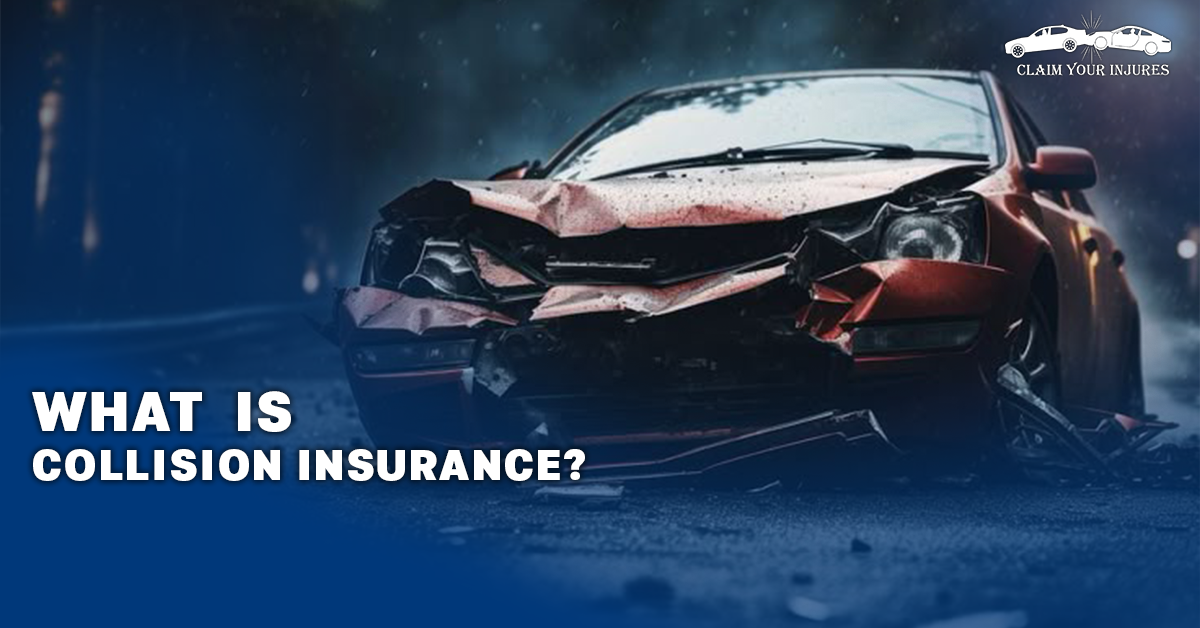
When you’re involved in an auto accident, repairing your car can be a financial nightmare. That’s where Collision Insurance comes in. But is it really necessary? Or just another add-on you could live without?
Let’s break it down—what it covers, who needs it, and how it differs from other types of coverage, so you can make an informed decision when protecting your vehicle.
Collision Insurance is a type of auto insurance coverage that helps pay for repair or replacement costs if your vehicle is damaged in an accident—regardless of who was at fault.
This means whether you hit a tree, another car, or a pole—it’s your Collision Coverage that steps in (after your deductible).
Here’s what you can typically expect Collision Insurance to cover:
Accidents involving another vehicle (even if it’s your fault)
Collisions with stationary objects like fences, trees, or guardrails
Single-car accidents like rollover crashes
Hit-and-run incidents in some cases (check your insurer’s policy)
Important: It does not cover theft, weather damage, or hitting an animal—those fall under Comprehensive Insurance.
Think of it this way:
| Coverage Type | Covers |
|---|---|
| Collision | Damage from accidents (car-to-car or car-to-object) |
| Comprehensive | Theft, vandalism, natural disasters, falling objects, animals |
Legally? No. Collision Insurance is not mandatory in any U.S. state.
However, if you’re leasing or financing your car, your lender or leasing company will likely require it as part of your full coverage policy.
If your car is paid off, the choice is yours—but weigh the repair costs carefully before skipping it.
Covers at-fault accidents
Peace of mind for newer or expensive vehicles
Helps repair or replace your car faster
Often required for leased or financed cars
Higher monthly premiums
You must pay a deductible first
Might not be worth it for older, low-value cars
Here’s a simplified step-by-step guide:
Report the accident immediately to your insurer
Take photos/videos of the damage and scene
Submit a claim with detailed info and repair estimates
Get an inspection from your insurer’s adjuster
Pay your deductible, then let insurance handle the rest
Tip: Always ask your adjuster if the damage cost exceeds your deductible before filing.
If your car is:
Over 10 years old
Worth less than $2,000
Not used frequently
Already has major wear and tear
…you may be spending more on the premium than it’s worth.
Use the “10% Rule”: If Collision Insurance costs more than 10% of your car’s market value per year, it may not be worth it.
Not knowing your deductible: Choose one you can actually afford
Skipping it too soon: Dropping it right after paying off a loan could be risky
Assuming full coverage includes everything: Always read the fine print
Not bundling policies: You may be missing multi-policy discounts
Higher deductibles = lower premiums. Lower deductibles = higher monthly cost.
Ask yourself:
Can I afford a $1,000 repair tomorrow?
Do I live in a high-traffic area or accident-prone zone?
Is the vehicle new, leased, or financed?
Match your deductible to your financial safety net.
Collision Insurance is one of those things you hope you’ll never need—but when you do, you’ll be glad it’s there. Whether you drive a luxury sedan or a reliable family car, accidents can happen at any time. Understanding how Collision Insurance works gives you the confidence to hit the road with peace of mind.
Need help after an accident? At Claim Your Injuries, our legal and claims team can help you navigate the process smoothly. No Win, No Fee.